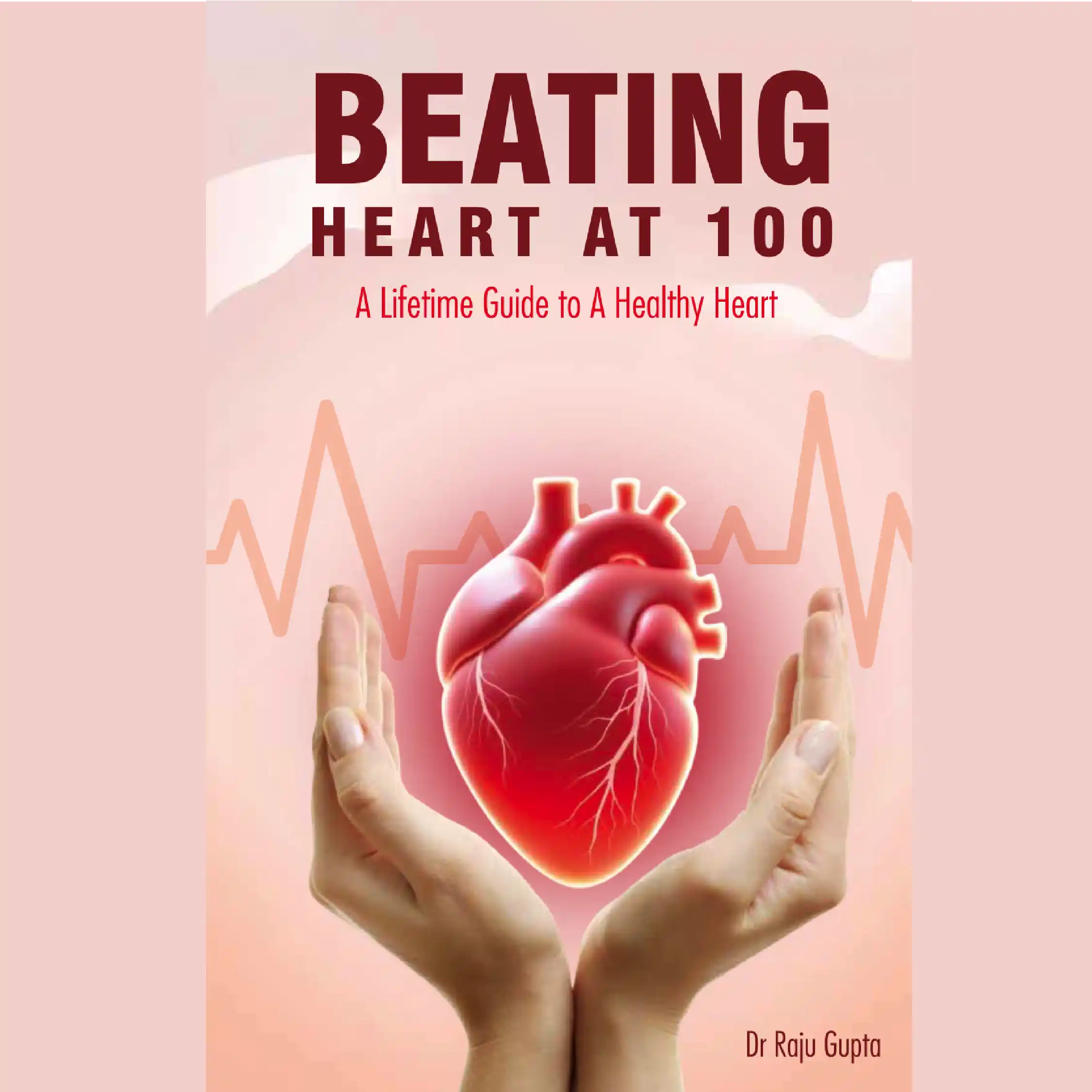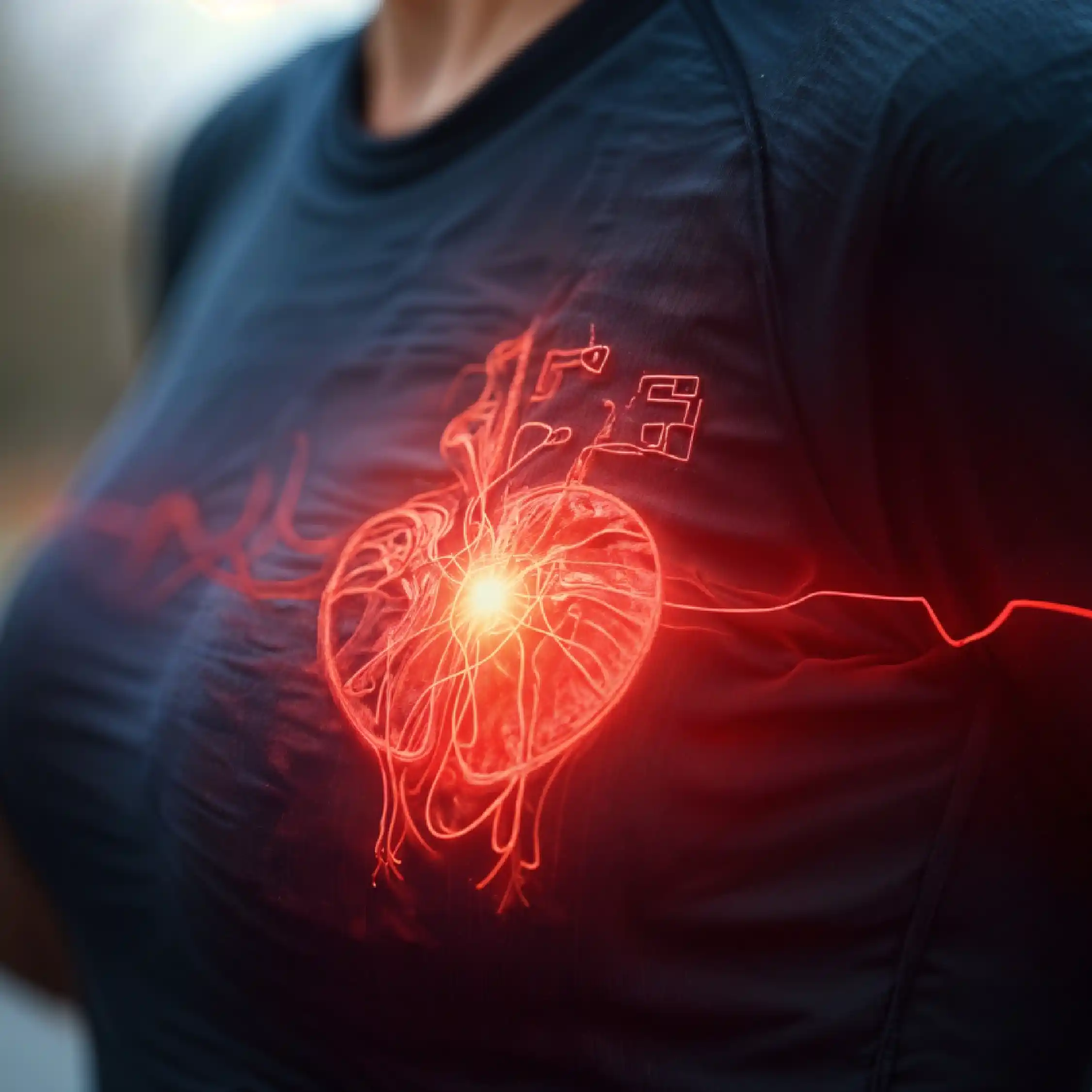The Alarming Truth
According to the World Health Organization (WHO, 2023), cardiovascular diseases claim 17.9 million lives globally every year — that’s one in every three deaths. Now here’s where it gets personal: In India, 28% of all deaths are due to heart-related diseases, and what’s worse — 50% of those heart attacks happen below the age of 50, and 25% below 40 (Indian Heart Association, 2024). Yes, you read that right — the “middle-aged heart attack” has now moved into the early-thirties bracket. We aren’t just losing lives; we’re losing years — productive, passionate, family-raising, dream-building years.Fear Doesn’t Fix Hearts — Knowledge Does
The problem with our collective reaction is this: every time a tragedy hits headlines, we swing between extremes. We panic for a week — stop eating fried food, buy smartwatches, and walk 10,000 steps religiously. Then, slowly, the fear fades. Life takes over. And the same cycle continues — until another news alert shocks us back into temporary awareness. But sustainable heart health doesn’t come from fear-based decisions. It comes from habit-based awareness. Fear makes you skip oil for a week. Awareness teaches you which oils to use — and why. Fear makes you run to the gym after a death in the news. Awareness helps you build movement into your daily routine before it’s urgent. We don’t need viral fear. We need quiet, consistent understanding.Why the Indian Heart Is More Vulnerable
Let’s take a peek under the hood — because the science is fascinating.1. Genetics: The Silent Set-Up
Indians are genetically predisposed to smaller coronary arteries and higher insulin resistance. That means we can’t “get away” with unhealthy habits the way some Westerners might. A study published in The Lancet Global Health (2022) shows that Indians develop heart disease a decade earlier than other ethnic groups — even at lower cholesterol levels. So yes, our genes load the gun. But our lifestyle choices still pull the trigger.2. The Great Indian Diet Dilemma
We love calling our food “home-cooked and healthy.” But let’s be honest — our “light” snacks are soaked in oil, our “balanced meals” are 80% carbs, and sugar is our emotional currency. We also have a cultural addiction to “fried equals festive.” Every happy event in India comes with a dessert announcement. No one says, “Let’s celebrate with a salad.” The irony? Our grandparents ate the same ghee and sweets, but they also walked miles, farmed fields, and ate seasonally. We, on the other hand, eat the same — but sit all day, scroll all night, and call it multitasking.3. Stress: The Modern Poison
We treat stress like a badge of honor. “Busy” has become the new “important.” But here’s what stress does:- Raises blood pressure
- Increases heart rate
- Triggers inflammatory responses
- Shrinks telomeres (the protective DNA ends that slow aging)
4. Sleep & Screen Time — The New Enemies
According to Harvard Health (2023), people who sleep less than 6 hours per night have a 30% higher risk of heart disease. Yet, we stay up bingeing shows about health, ironically. Our phones are the last thing we touch at night and the first thing we check in the morning — and our poor hearts, somewhere inside, just want a little rest.💡 Awareness Is Not Boring — It’s Freedom
We often associate awareness with lectures, guilt, or boring data. But awareness is actually liberation — it gives you control. When you understand why your morning walk matters, you stop skipping it. When you understand what happens when you ignore blood pressure, you stop brushing it off. When you understand how food affects your arteries, you start reading labels differently. Awareness doesn’t demand sacrifice — it inspires smarter living. Let’s take a few examples:| Old Thought | Heartiest Awareness Shift |
| “I’m fit, I don’t need checkups.” | “Fitness is how you look outside. Health is how your arteries feel inside.” |
| “Desi food is always healthy.” | “Traditional recipes, yes. Modern portions — not so much.” |
| “I’ll start walking when I have time.” | “Time won’t appear. You make it.” |



